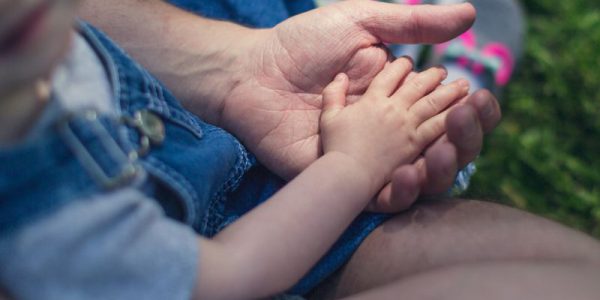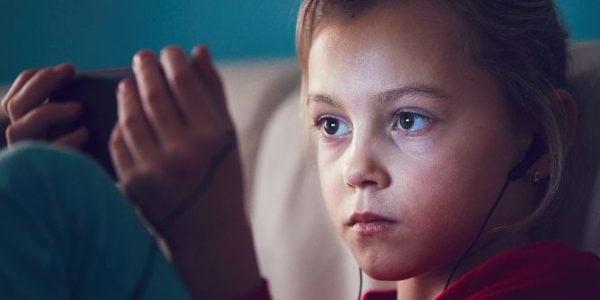Social distancing measures to reduce the spread of COVID-19 are in place in the UK for an indefinite period, which will have implications on the organisation of post-separation contact between children and their birth families.
In particular, this will bring digital technologies – which might not have been used widely before the crisis in this context – to centre stage.
As part of its ongoing Modernising Contact initiative, Nuffield Family Justice Observatory has commissioned a new research project to examine the evidence on post-separation digital contact between children and their birth families, in order to help guide and inform professionals’ decision making and practice during this period.
Local authorities remain obligated to allow looked after children ‘reasonable contact’ with their birth family. However, with council-run contact services currently reduced – and in some cases, suspended – due to the virus, there is uncertainty around how to reconcile government calls for social distancing and court-ordered contact with birth families. Digital technologies – such as Skype, WhatsApp video and FaceTime – have become an understandable alternative.
Lisa Harker, director of Nuffield Family Justice Observatory, said:
“Supporting children to maintain relationships with their birth families is incredibly important – even more so during a crisis, when separation can compound feelings of stress and anxiety.
“Those tasked with managing these contact arrangements are facing unprecedented challenges. Digital platforms clearly have a valuable role to play but the use of any new technology comes with questions and it’s important that we ground the development of new practice in evidence to ensure that the best experience for the child and family is achieved.”
The rapid evidence review will be delivered in May by NatCen Social Research and will include evidence on post-separation digital contact between children and birth families in public and private law contexts.
Dr Padmini Iyer, senior researcher at NatCen Social Research, said:
“We welcome the opportunity to conduct this important work during an incredibly challenging time for looked after children, their birth families and those managing contact arrangements between them. Our rigorous approach to the rapid evidence review will provide timely information on how best to use technology to maintain contact arrangements. The review will be an important step towards placing children’s well-being at the heart of decision-making around digital contact.”










